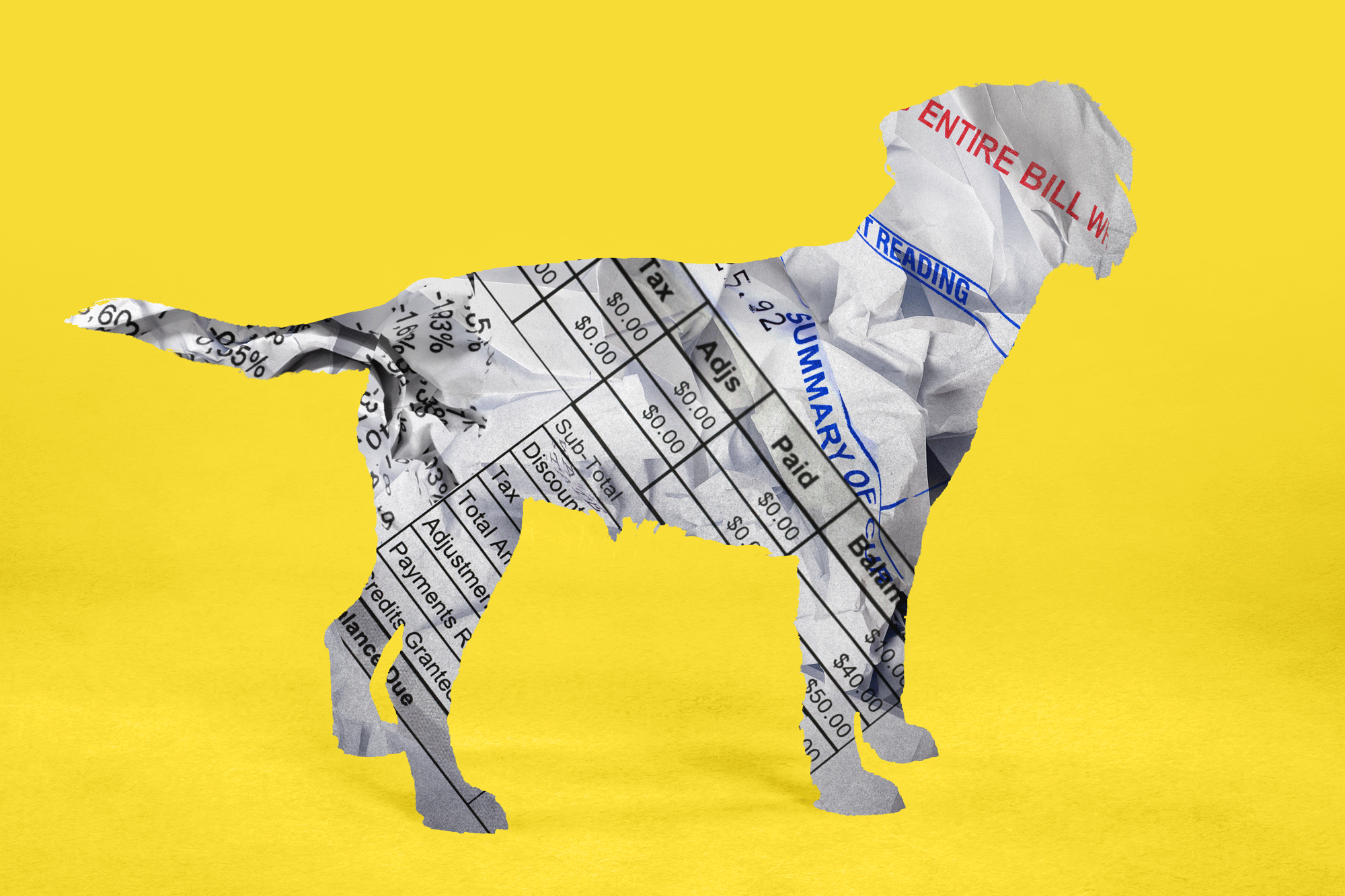NEXT L.A. / A look at issues people and ideas helping to shape the emerging metropolis. : An Old Prescription for the High Cost of Medical Care: House Calls
- Share via
There is a new twist on one of medicine’s oldest institutions--the house call.
Many Americans in their 40s or older can probably remember the days when a doctor visit meant only one thing: A kindly physician would show up at your door with a black medical bag and reassuring manner.
That’s all that was needed to deal with most fevers, stomachaches and other childhood health problems. No nurses, lengthy forms to fill out or waits in crowded clinics.
But the old-style house calls gradually died out in the post-World War II years when hospitals and clinics began replacing doctors offices. Physicians let the patients come to them.
But now the house call is making something of a comeback.
Driven by the high cost of hospitals and ambulance services, a Southern California physician came up with the idea of Call Doc.
Instead of the black bag, physicians with Call Doc arrive in a high-tech van, complete with its own X-ray machine, cardiac monitoring setup and mini-laboratory for bloodwork and body chemistry testing.
Pioneered in San Diego County, Call Doc has come to Los Angeles, operated at the ambulatory care center run by the USC School of Medicine.
Dr. Gresham Bayne of San Diego, founder of Call Doc, is one of the nation’s leading advocates of house calls. He says they are much less expensive than putting a patient into an ambulance and carting him or her off to an emergency room.
So far, the USC house call program is aimed at senior citizens with health insurance. The typical person who uses the service is over 85 and homebound.
A van can be dispatched to a person’s home at a fraction of the cost of an ambulance ride and hospital stay, house call advocates say.
Organizers say older Americans are far more receptive than younger patients to the idea of sending for a doctor.
“There is a built-in trust factor among the elderly,” Bayne said. “They remember that the good doctors were the ones who made house calls.”
More to Read
Sign up for Essential California
The most important California stories and recommendations in your inbox every morning.
You may occasionally receive promotional content from the Los Angeles Times.










